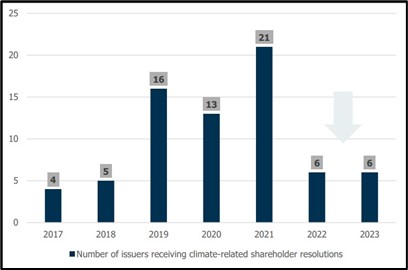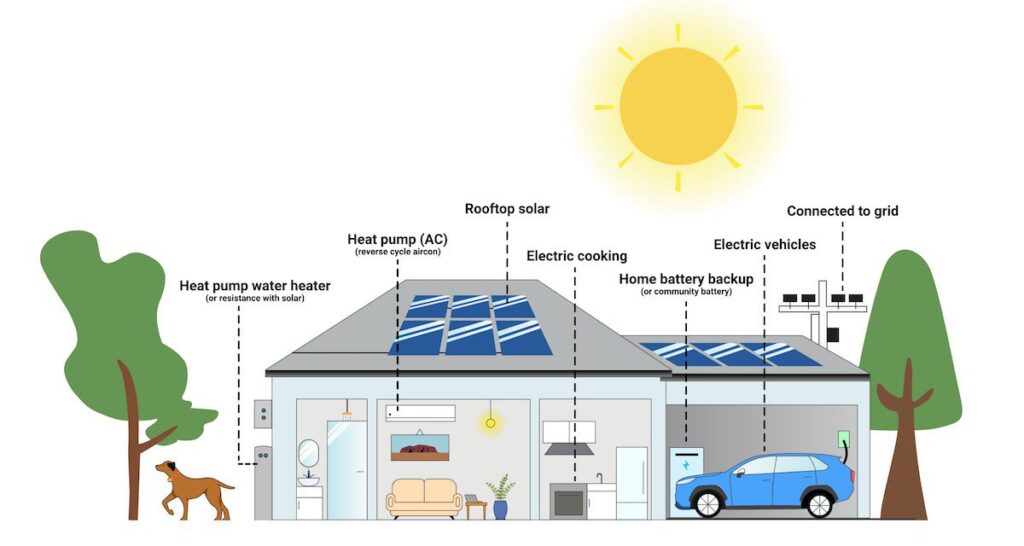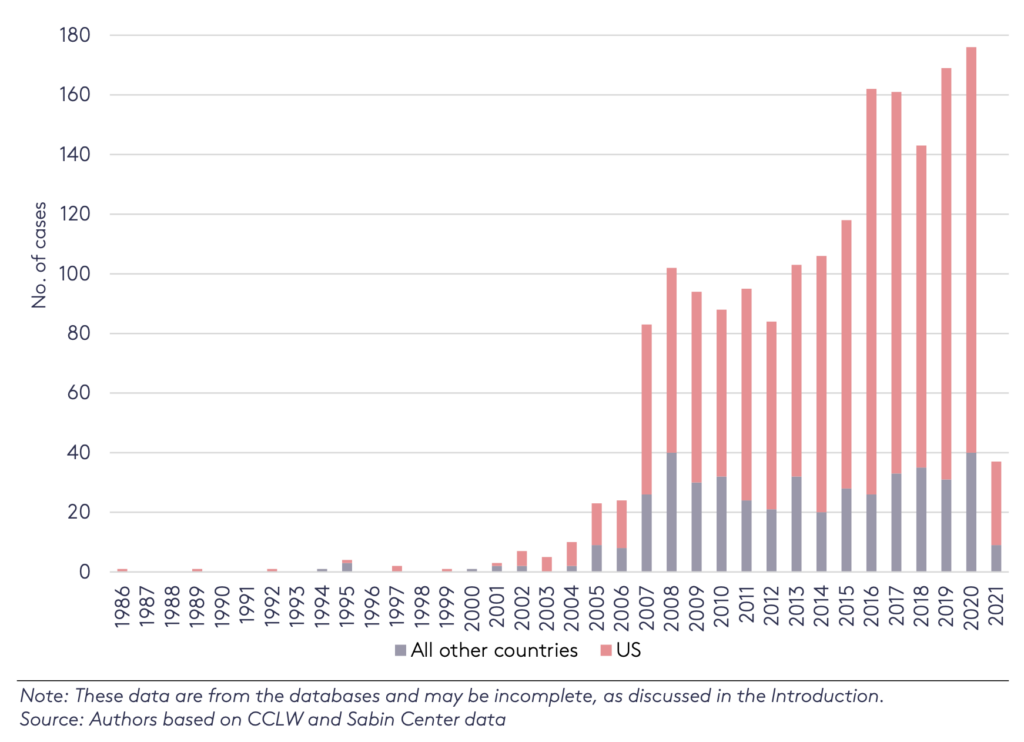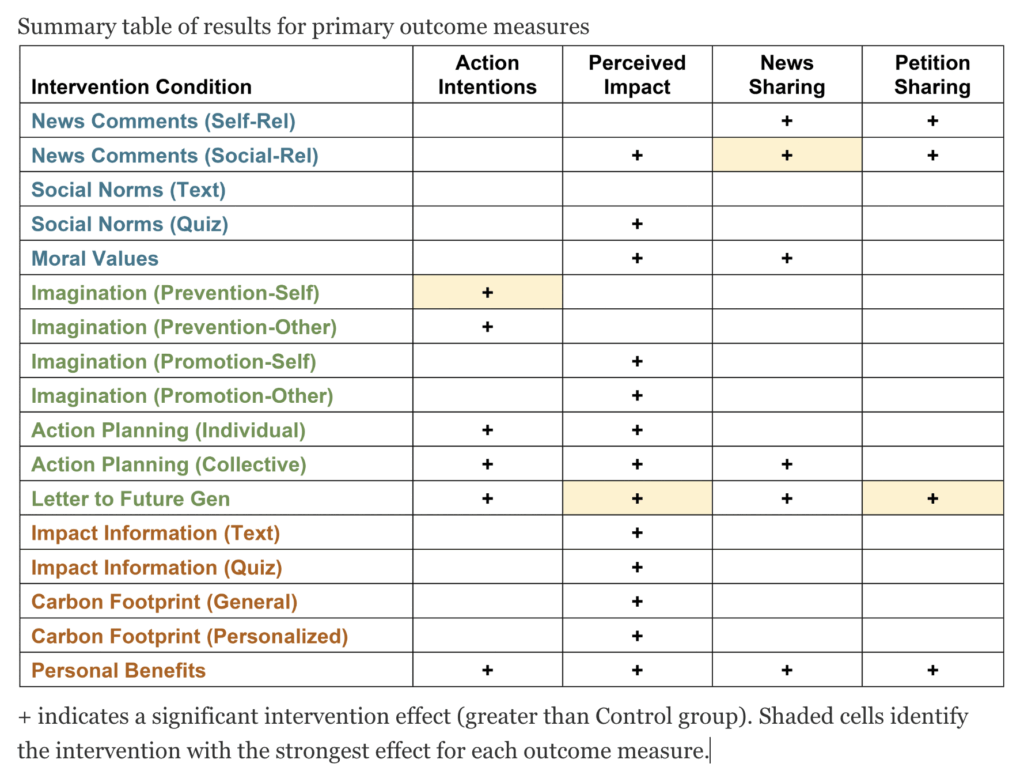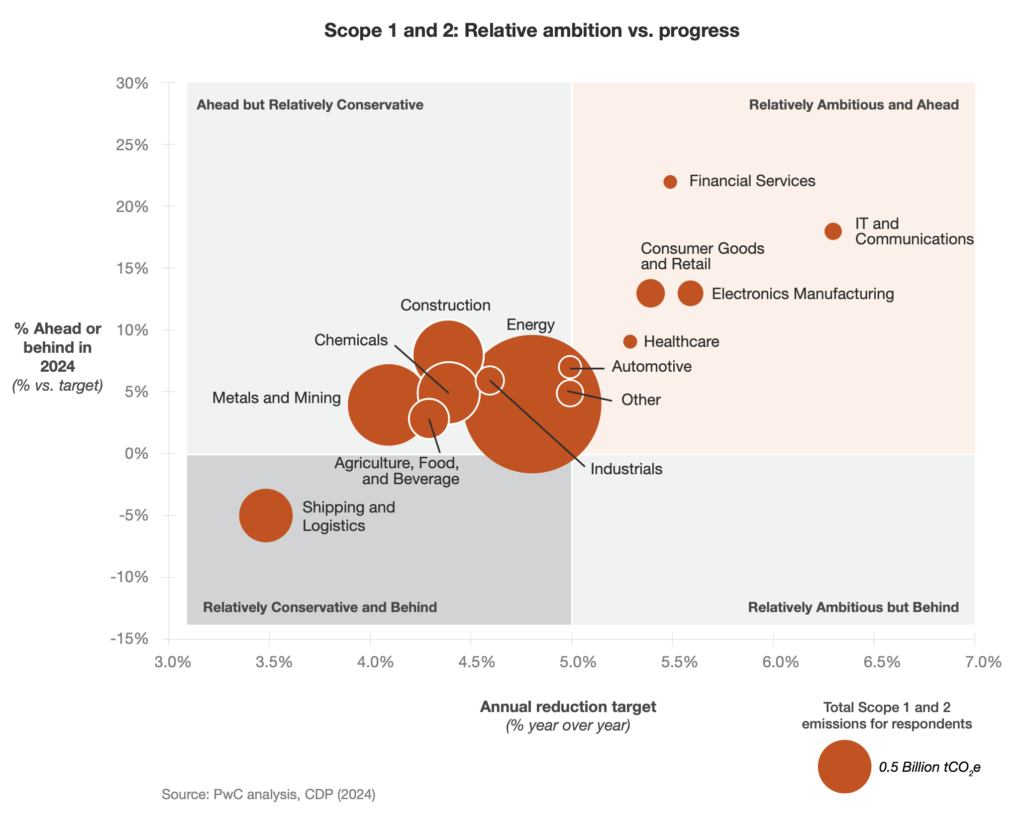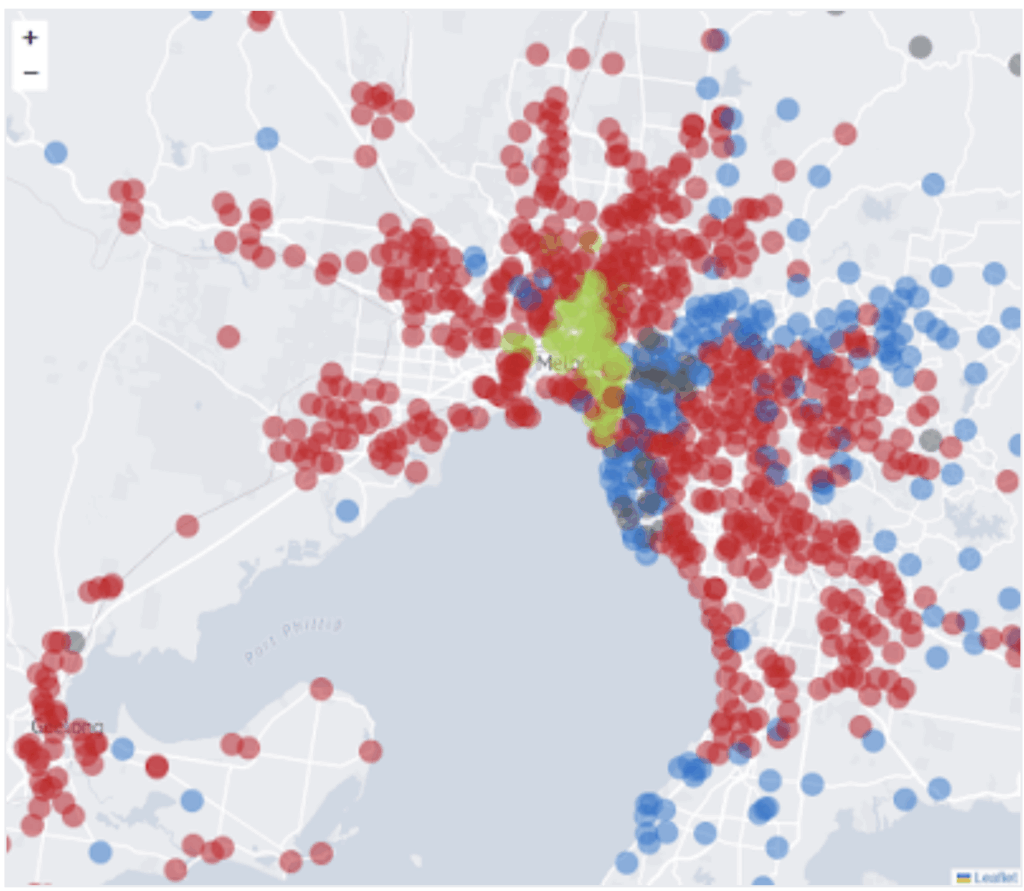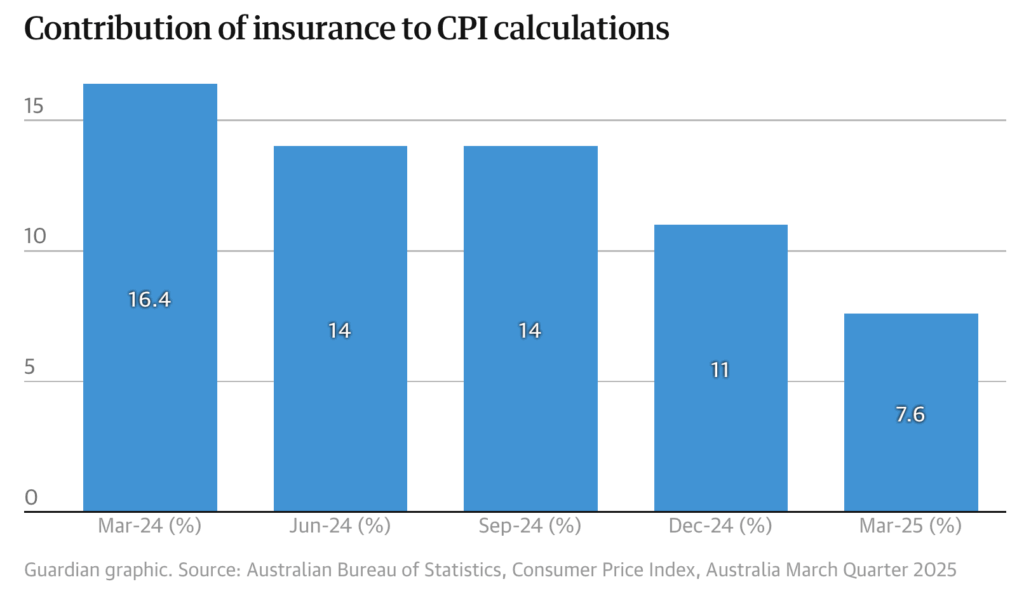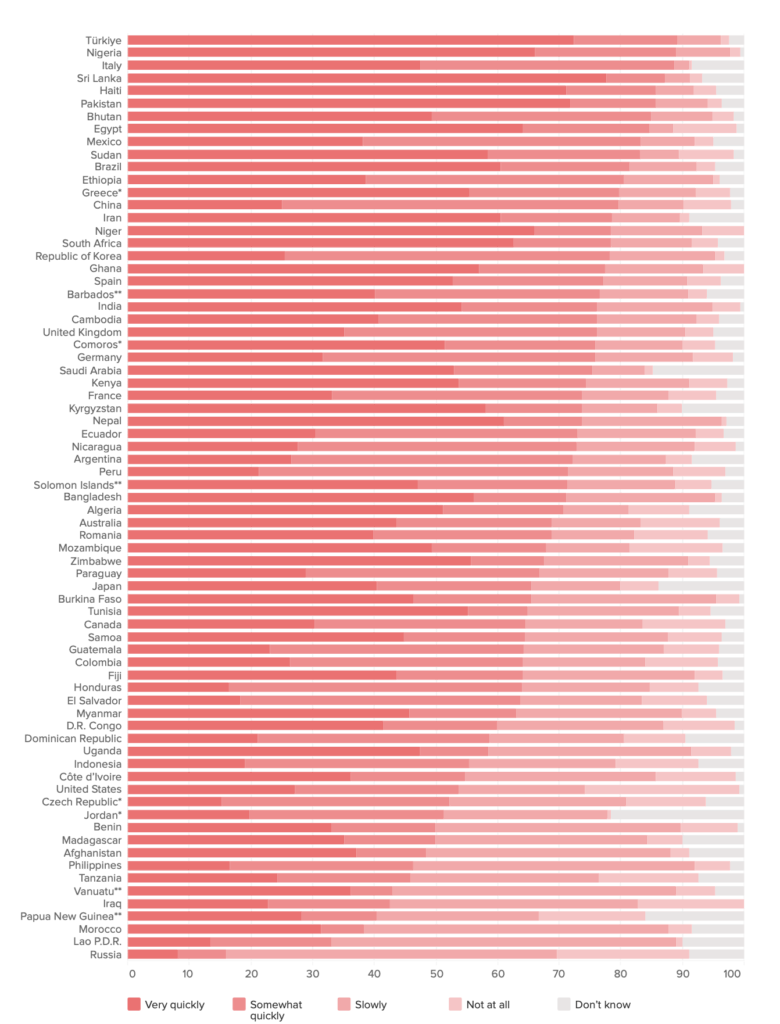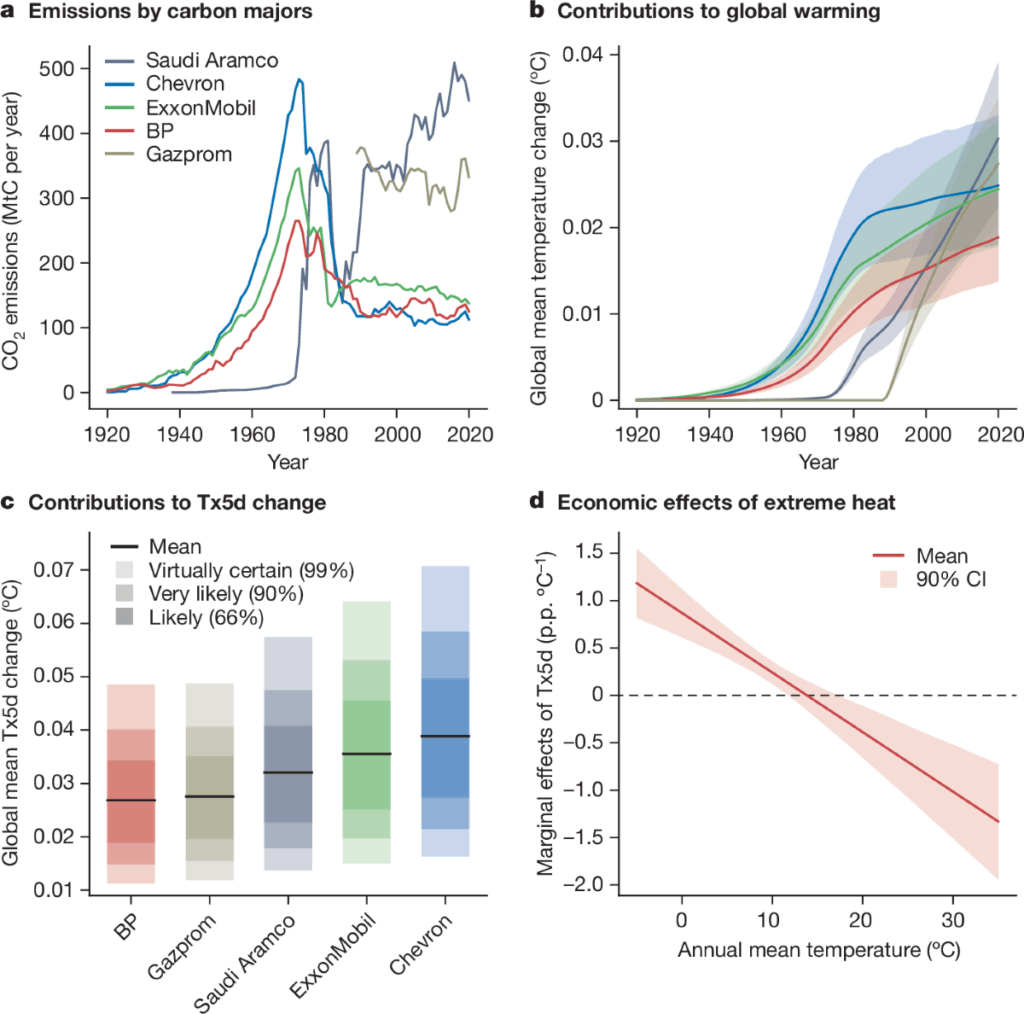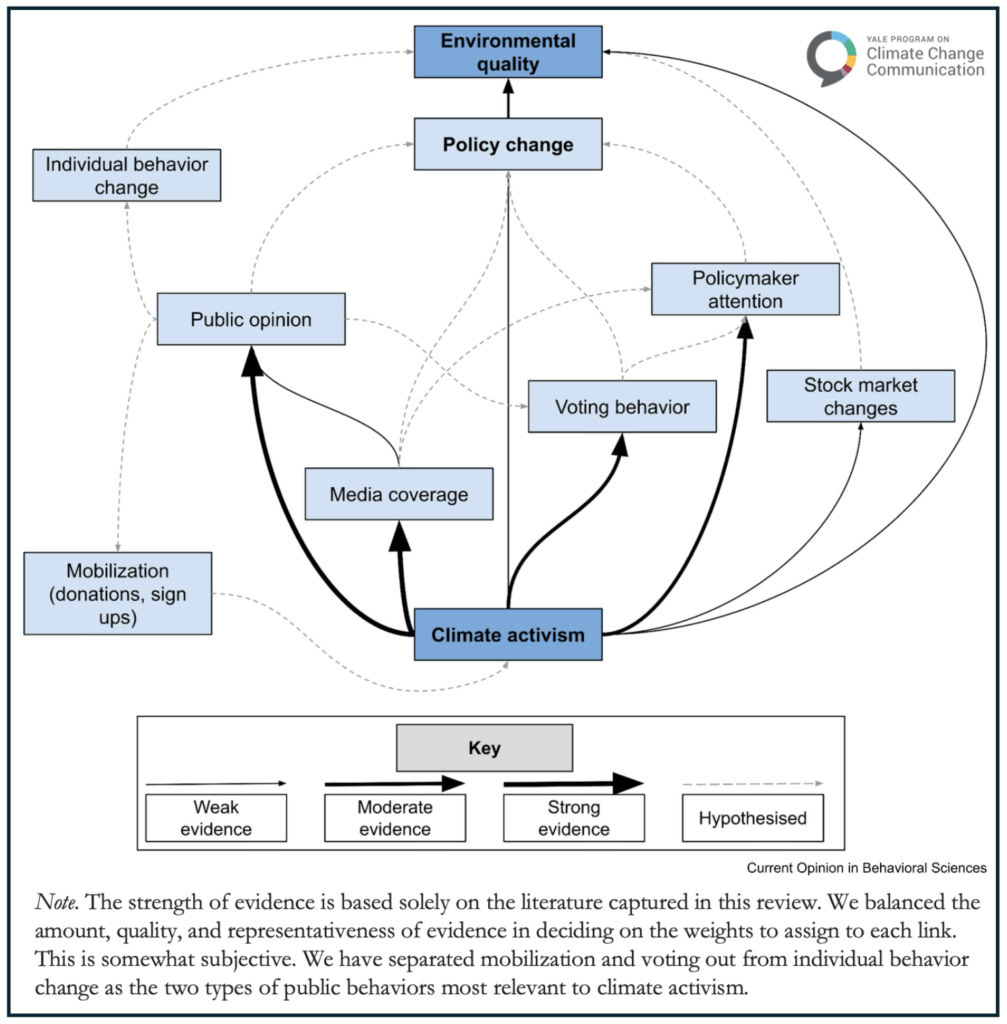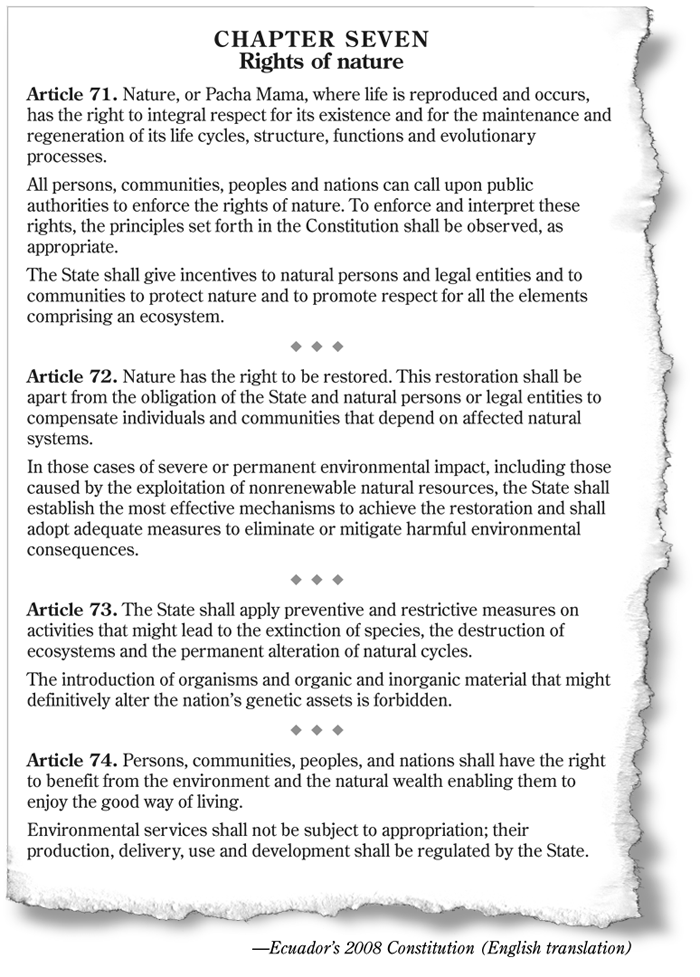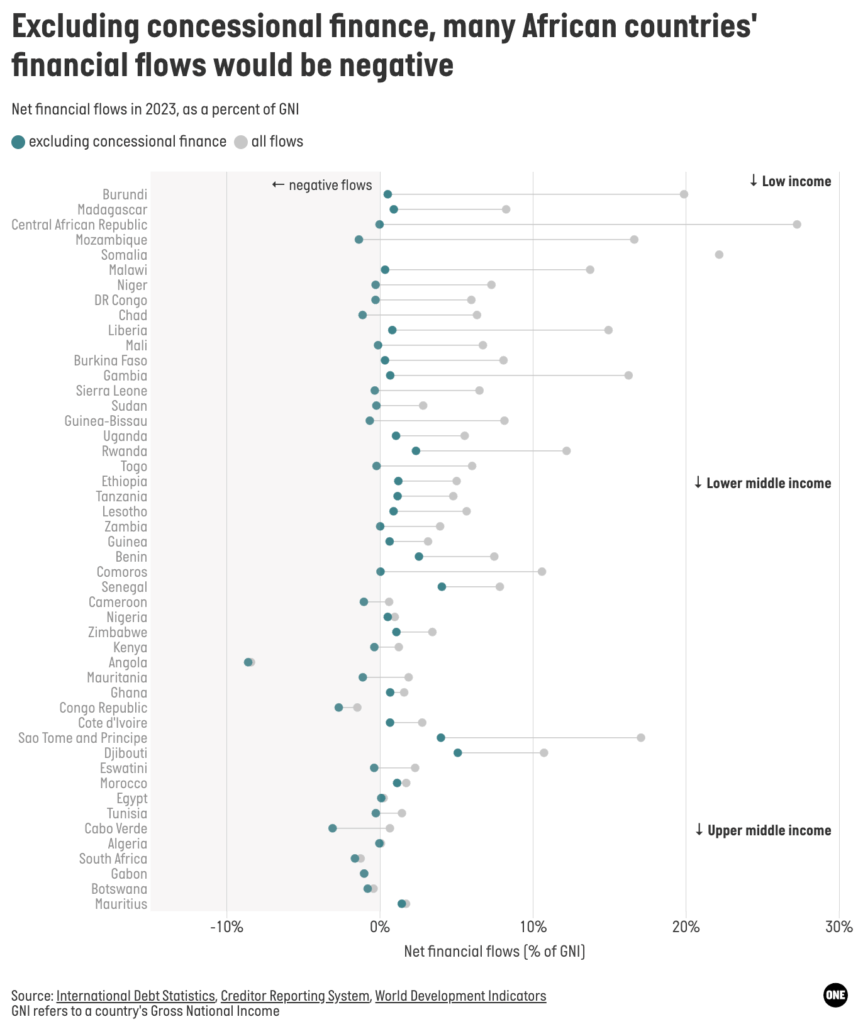VEN – Good News on Climate Action – Blog
Market Forces educates shareholders to hold Macquarie Group to account on net zero
Shareholders drag Macquarie over coals on net zero
Read MoreChance to fix Australia’s broken nature laws
Can Murray Watt fix Australia’s broken nature laws? First stop, Western Australia Published: May 20, 2025 Image: Environmental protection Bill card on Local Matters (LOMA) where you can encourage your representative to support the Bill Author Disclosure statement New federal Environment Minister Murray Watt is in Western Australia this week to reboot nature law reform. Reform stalledin the Senate last term,…
Read MoreEverything you need to know about Australia’s new home battery subsidy
From eligibility to cost, here’s how households and businesses can take advantage of the cheaper home batteries program Royce Kurmelovs Sat 17 May 2025 in The Guardian It’s not an overstatement to say Australians love solar power. Without batteries, though, households have struggled to take full advantage of their rooftop systems. Either they don’t capture all…
Read MoreParents for Climate Carbon greenwashing lawsuit makes EnergyAustralia set aside offsets
Community Groups bringing succesful lawsuits is a big step. Around the world the legal system is increasingly being used for climate justice.
Read MoreWhat behavioral strategies motivate climate action?
Figure: comparing behaviours to motivate climate action from Alyssa H. Sinclair, Danielle Cosme, Kirsten Lydic, Diego A. Reinero, José Carreras-Tartak, Michael E. Mann, Emily B. Falk. Behavioral interventions motivate action to address climate change. Proceedings of the National Academy of Sciences, 2025; 122 (20) DOI: 10.1073/pnas.2426768122 A collaborative study tested 17 strategies in an ‘intervention…
Read MoreEPBC Act: What’s changing – and why it matters for renewable energy projects
Katharine Huxley May 12, 2025 Renew economy On March 26, 2025, the Parliament of Australia passed the Environment Protection and Biodiversity Conservation Amendment (Reconsiderations) Bill 2025, changing how some environmental decisions can be reviewed under the Environment Protection and Biodiversity Conservation Act 1999 (EPBC Act). The Bill limits the power of the minister for the environment…
Read MoreRoss Garnaut: Labor’s historic victory could change global energy trade
Hydrogen is an elusive gas; making it from renewable energy is proving an elusive business. (ABC News) By business reporter Gareth Hutchens on abc news Sunday 11 May Labor’s historic election win means Australia has an opportunity to change the global energy trade. Ross Garnaut says this moment is significant. Four days after Labor’s historic…
Read MoreCorporate sustainability isn’t backing down – but was it really bold enough in the first place?
Image: Scope 1 and 2: Progress vs. Ambition, from PwC report Examining relative ambition against progress by industry sector reveals an interesting pattern. Companies with relatively more ambitious targets tend to be on track, while those that are taking a more conservative approach with targets also seem to be approaching their programs cautiously and are…
Read MoreWorried about the cost of electricity? No, they can afford it – but are more worried about carbon emissions and climate change – so the very high cost of energy transition is worth it.
Maps: Federal Election primary vote results by booth, based on Electoral Commission data, and reported by The Sydney Morning Herald. Above is Melbourne. Winning the suburbs is the key to winning elections. By Ross Elliott – posted Wednesday, 7 May 2025 in Online opinion There’s a great line from the comedy show Kath & Kim, where…
Read MoreEthical super fund says QBE ‘not joining the dots’ between fossil fuel projects and rising premiums
Image: Here’s how the fossil fuel barons who are raking in billions, are making you poorer. The burning of coal/gas ⬆️ global temps, that ⬆️ #climate catastrophes, that ⬆️ insurance costs, that ⬆️ CPI, that ⬆️ inflation, and ⬆️ mortgages. They profit, we pay. Comment: Dr Rhonda Garad @rhondagarad.bsky.social @RhondaGarad Guardian graphic Source: Australian Bureau of Statistics, Consumer Price Index,…
Read MoreThere are reasons to worry about AI – but it is already helping us protect the planet, too
Damian Carrington in The Guardian Down to Earth 8/5/25 When you think of artificial intelligence, you probably think of stupid answers provided by chatbots – why not try glueing cheese to pizza? – and its soaring electricity needs. In the background, though, AI is transforming our ability to deal with many of the world’s worst…
Read More‘All of his guns will do nothing for him’: lefty preppers are taking a different approach to doomsday
Aaron Gell Fri 18 Apr 2025 in The Guardian Liberals in the US make up about 15% of the prepping scene and their numbers are growing. Their fears differ from their better-known rightwing counterparts – as do their methods One afternoon in February, hoping to survive the apocalypse or at least avoid finding myself among…
Read MoreAustralian election mini and micro party guide: how to avoid a vote you might regret in the Senate
in The Guardian Behind unassuming names lurk parties with some hair-raising and eccentric views. And others that are pretty much what they say they are. Caitlin Cassidy Thu 1 May 2025 The most recent federal election proved politics is no longer a two-horse race, with a record 16 independents and minor parties elected to the…
Read MoreFive priorities for the next parliament if we want a liveable Australia
April 29, 2025 by Polly Hemming From The Australia Institute Climate and nature crises won’t pause while politics plays out. The environment doesn’t care who’s in government — but Australians should. If we want to avoid catastrophic climate and biodiversity collapse, the next parliament has a clear path forward. Here are five urgent, evidence-based actions ready…
Read MoreMost of the world’s population wants stronger climate action. They just don’t realize that they are a majority
Figure 26: Percentage of people per country who want their country to replace coal, oil, and gas with renewable energy, such as power from the wind or sun, from People’s Climate Vote 2024 report (below) In the The Guardian The Guardian is joining forces with dozens of newsrooms around the world to launch a year-long…
Read MoreScientific path to recouping the costs of climate change
Image from Christopher W. Callahan, Justin S. Mankin. Carbon majors and the scientific case for climate liability. Nature, 2025; 640 (8060): 893 DOI: 10.1038/s41586-025-08751-3 Framework for tying emissions from individual fossil-fuel companies to specific damages linked to climate change Date: April 23, 2025 Source: Dartmouth College in Science Daily Summary: A new study lays out…
Read MoreThe evidence is in: Protests can persuade people, and maybe even change how they vote.
Image from “The impacts of climate activism” in the journal Current Opinion in Behavioral Sciences. What do climate protests actually achieve? More than you think. Kate YoderSenior Staff Writer for Grist Apr 11, 2025 An estimated 5 million people around the world took to the streets last weekend in the largest show of resistance yet…
Read MoreEnshrining ‘Rights of Nature’ into constitution makes the protection of nature enforceable.
What if Mother Earth could sue for mistreatment? Legal framework to protect people and planet Date: April 21, 2025 Source: University of Vermont Summary: The study highlights the transformative potential of the Rights of Nature, which views nature as a rights-bearing entity, not merely an object of regulation and subjugation by extractive industries. The Llurimagua…
Read MoreDelaying climate action will only worsen the ‘cost of living’ crisis
Tariffs will raise prices. But the climate crisis is the real inflation risk Mark Blyth and Nicolò Fraccaroli As temperatures rise and countries back off their decarbonization efforts, we must confront a reality central banks can’t correct Tue 22 Apr 2025 Inflation is, at base, a tax on consumption – and it hits the poor…
Read MoreExcluding concessional finance, developing countries spend more servicing debt than they receive in new loans. There are solutions.
from Debt Economy article: In 2023, five African countries had negative net financing flows (Angola, Botswana, Gabon, Republic of Congo, and South Africa). If you exclude concessional financing flows, 22 African countries were in the red in 2023. Net financing flows to developing countries remain precariously low Aid and concessional loans have propped up net…
Read More
